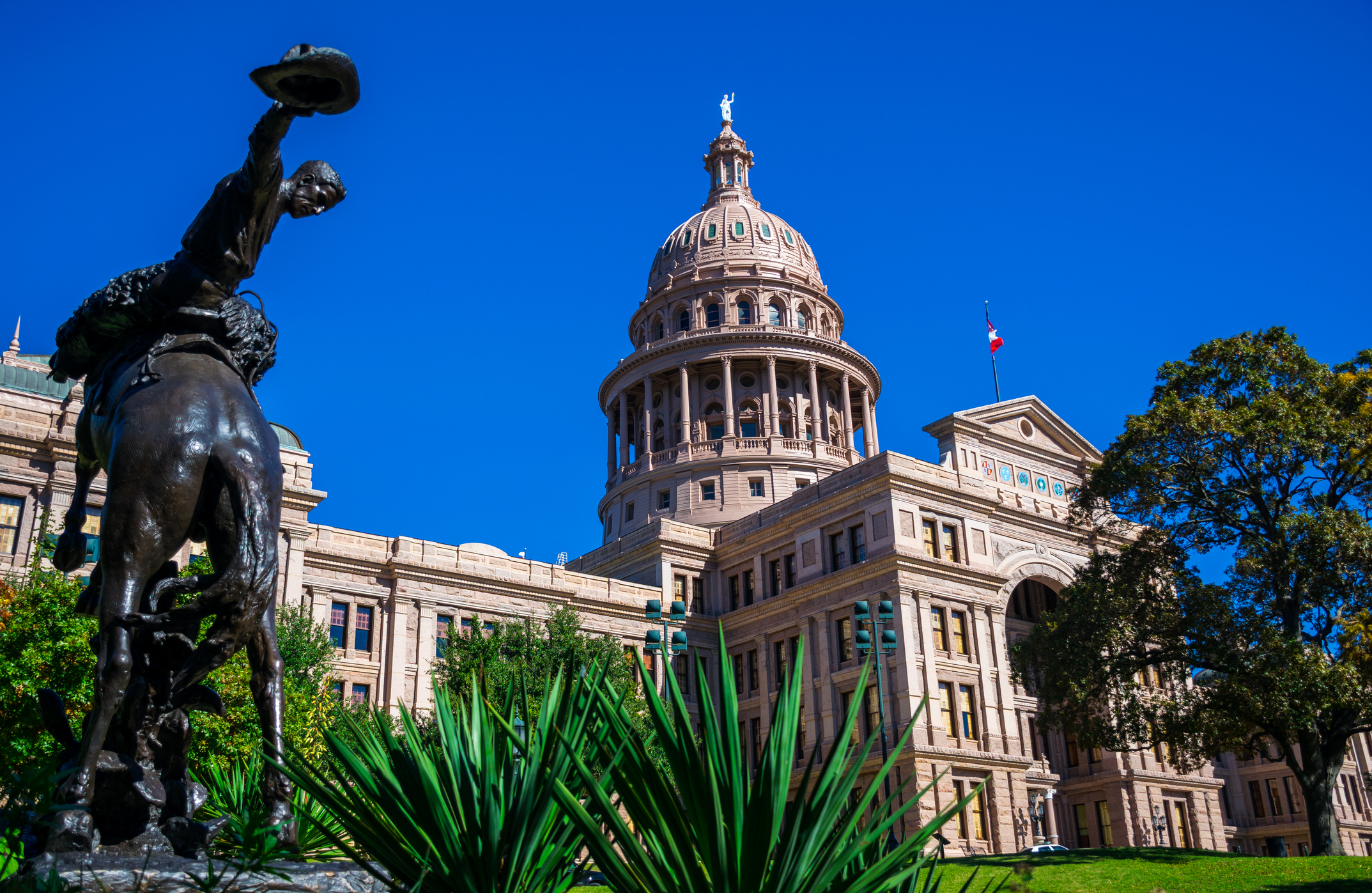The passing of House Bill 3979 during the 87th regular session of the Texas Legislature was an assault on freedom of speech—and free thinking—unlike any in recent memory. The bill blocks teachers from discussing certain viewpoints in the classroom, such as the idea that some people might be “inherently racist, sexist, or oppressive, whether consciously or unconsciously.” If a teacher is presenting a current event, they must present multiple viewpoints on the issue, regardless of their relevance. Take, for example, the January 6 riot at the Capitol. In this case, a teacher is by law required to present what happened and communicate that, while people were killed and police were assaulted (generally regarded as bad behavior), those who perpetrated the riot might have had (legit) reasons for doing so.
Moral equivalency was a hot topic during the Reagan era, back when right and wrong were okay to talk about. Controlling the flow of ideas is precisely what one of the seminal books of the conservative movement in America, William F. Buckley’s “God and Man at Yale” argued against. He argued from a conservative’s side of the equation—that the homogenous flow of liberal ideas, and Yale’s alleged narrow instruction, was atheistic and anti-individualism and an assault on a liberal arts education.
Here’s the deal: to the extent that his facts supported it, he was right. (A fact-checker would have made it a better book.) I remember reading it and diving deep into educational theory and its history. It doesn’t matter which narrative you’re trying to sell. Limiting viewpoints is anathema to education. That was precisely Buckley’s complaint. With the passage of HB 3979, it’s forcing by law what teachers can or cannot say. And it’s assuming—written into the very language of the legislation—that White students specifically can’t handle exposure to the racial imbalance that defines our country’s history.
It was through this lens that I read Bethany Erickson’s essay in our sister publication, People Newspapers. Erickson is White. Recently, she dove into her genealogy and discovered that she is a direct descendant of William and Mary Randolph. She is connected to a who’s who of American gentry. She learned from her research that she comes from a long line of slave owners. It was a painful discovery but not dispiriting. From Erickson’s essay:
We have to reckon with the hypocrisy of the founders putting in writing “all men are created equal,” knowing that their very own households were served by free labor from enslaved individuals, people they had no intention of ever freeing.
It’s important to look at these things, to discuss them and unpack them and reckon with them, because when we look at all of this we can realize that there are no angels in our history, and there are no angels in our present and future either.
That’s not a bleak thought. It’s a thought that gives us the fuel to continue to study and look for reliable tellers of our present day. This helps and make informed decisions free of hero-worship – the very thing a civics class should be for.
And this:
We cannot look at our history and not discuss the mess and hypocrisy along with the wins. We can’t pretend it doesn’t exist, because this pretending has actually caused everyone concerned pain. It’s why learning about White privilege is confusing and hard. It’s why we spent time talking about a bill that wasn’t necessary – people are scared because we’ve never really reckoned truly with our history with clear eyes. We only look at the good parts, and gloss over the uncomfortable parts as asides.
Read the full essay here.





